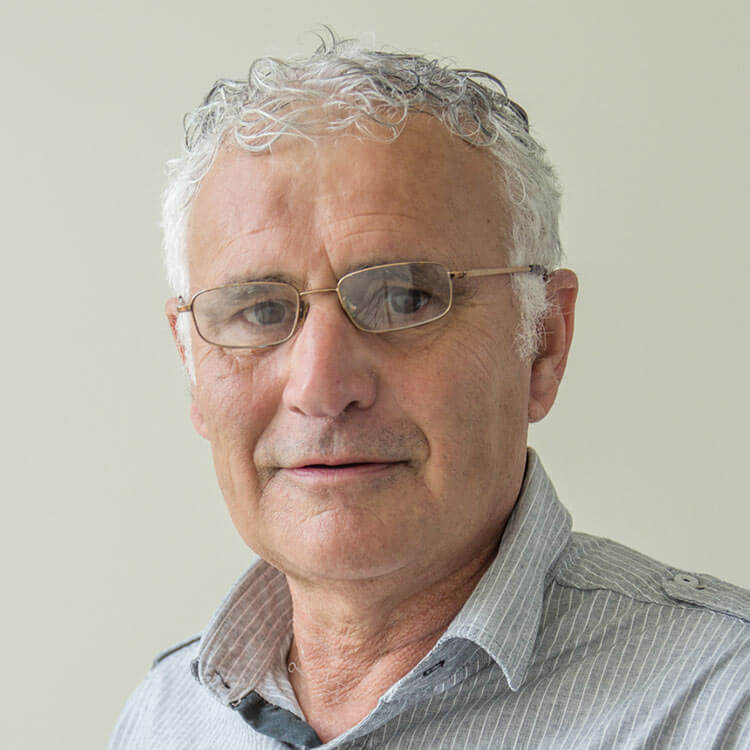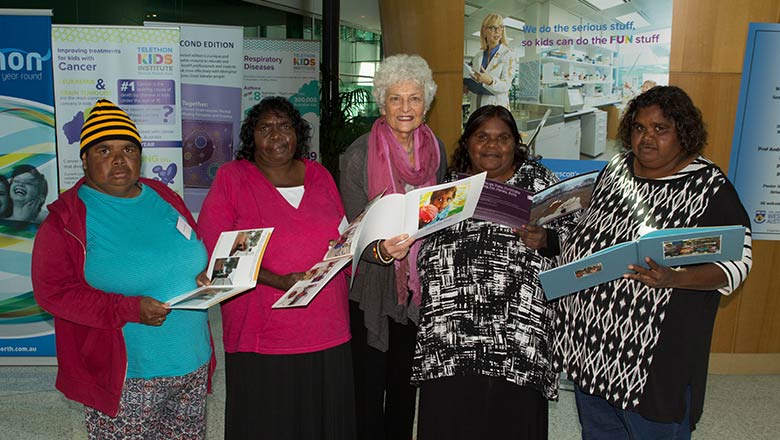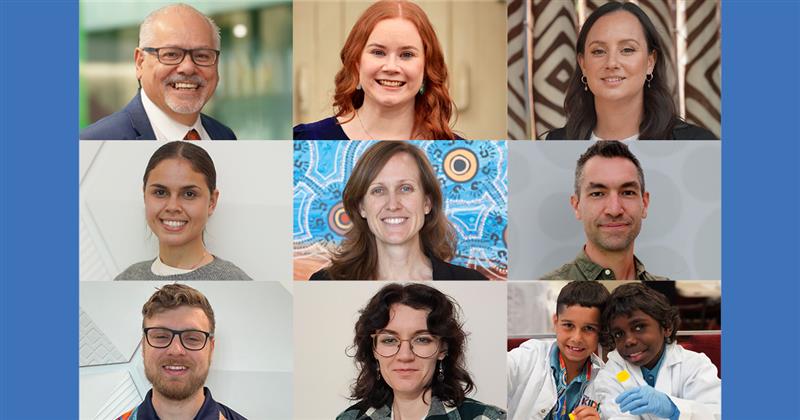Search
Showing results for "mental health aboriginal"
Research
Centralising Local Aboriginal Language and Culture in Healthy Skin Books on the See Treat Prevent (SToP) Trial in the Kimberley Region of Western Australia: A Process and Impact InquiryLanguage is significant for communicating knowledge across cultures and generations and has the power to attribute meanings and alter our worldviews.
Research
Child protection involvement of children of mothers with intellectual disabilityChildren born to parents with intellectual disability (ID) have been shown as disproportionally represented in child protection services however with limited population-based research.

Research
Gender differences in time allocation contribute to differences in developmental outcomes in children and adolescentsUsing over 50 thousand time-use diaries from two cohorts of children, we document significant gender differences in time allocation in the first 16 years in life. Relative to males, females spend more time on personal care, chores and educational activities and less time on physical and media related activities. These gender gaps in time allocation appear at very young ages and widen overtime.

News & Events
Boosting literacy in Aboriginal kidsAn NHMRC grant to develop a program to improve school outcomes in the Ngaanyatjarra lands has helped create books reflecting Aboriginal experiences.

News & Events
Announcing our 2025 Premier’s Science Awards finalistsEight outstanding researchers from The Kids Research Institute Australia and the Institute-led Broome STEM Festival are finalists in the 2025 Premier’s Science Awards.
Research
Child behaviour following low to moderate maternal drinking in pregnancyChild behaviour following low to moderate maternal drinking in pregnancy
Research
Transitioning From Out-of-Home Care: A Longitudinal Population-Based StudyMelissa O'Donnell BPsych (Hons), MPsych, GradDip Ed, PhD Honorary Research Associate Honorary Research Associate Areas of research expertise: Child
Research
Honey as a potential topical treatment for skin infections: a literature reviewThe role of honey for the treatment of skin infections and wound healing has primarily come from personal stories of its effectiveness however these personalised studies have not been researched in the Kimberley region.
Research
Energy drink consumption among young Australian adults: Associations with alcohol and illicit drug useAustralian energy drink users tend to have heavier alcohol consumption patterns be a cigarette smoker and use illicit drugs relative to non-users.
